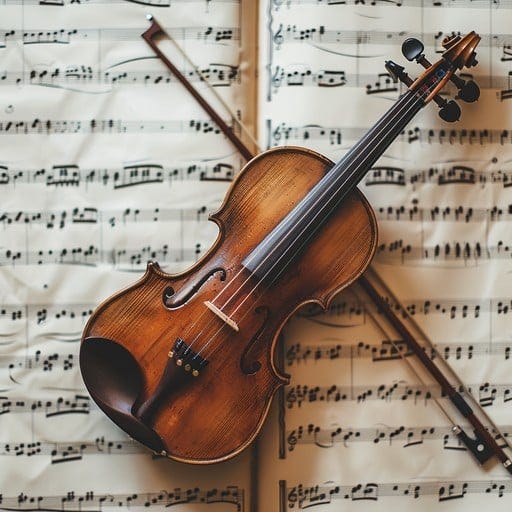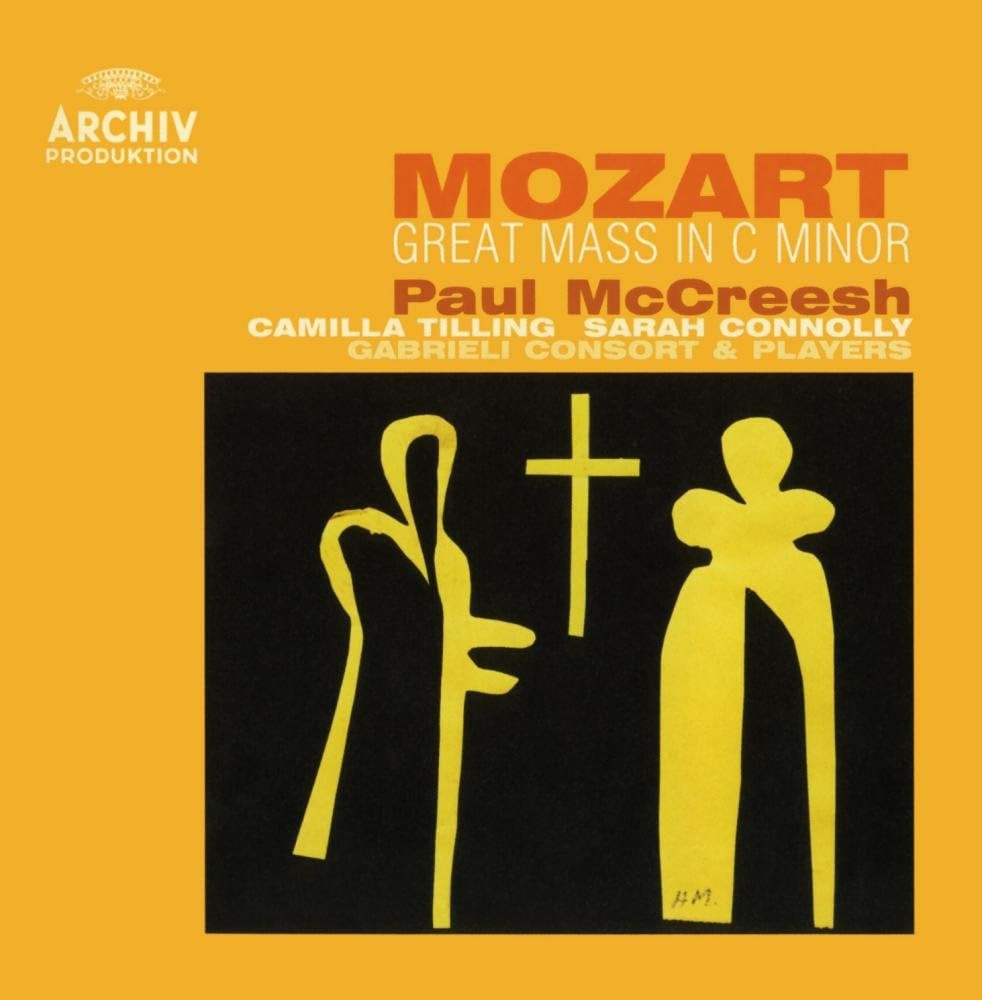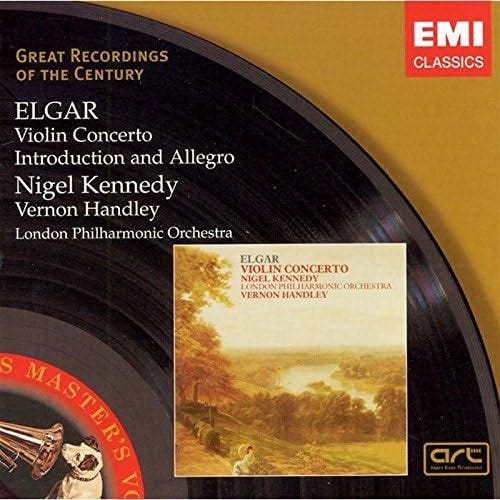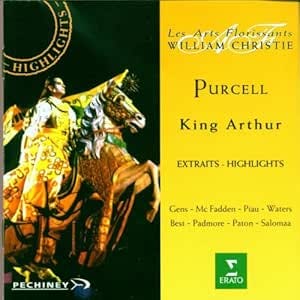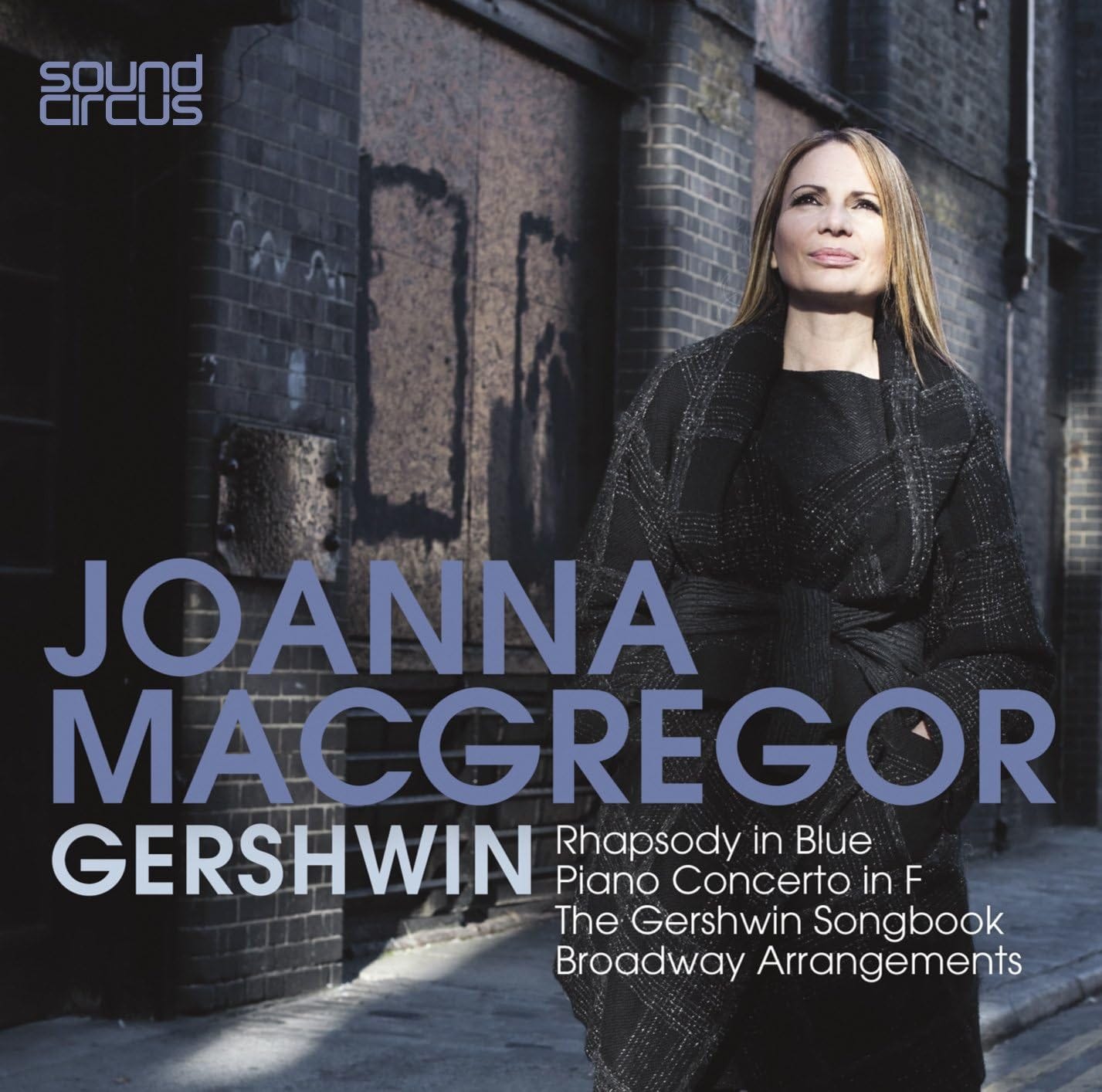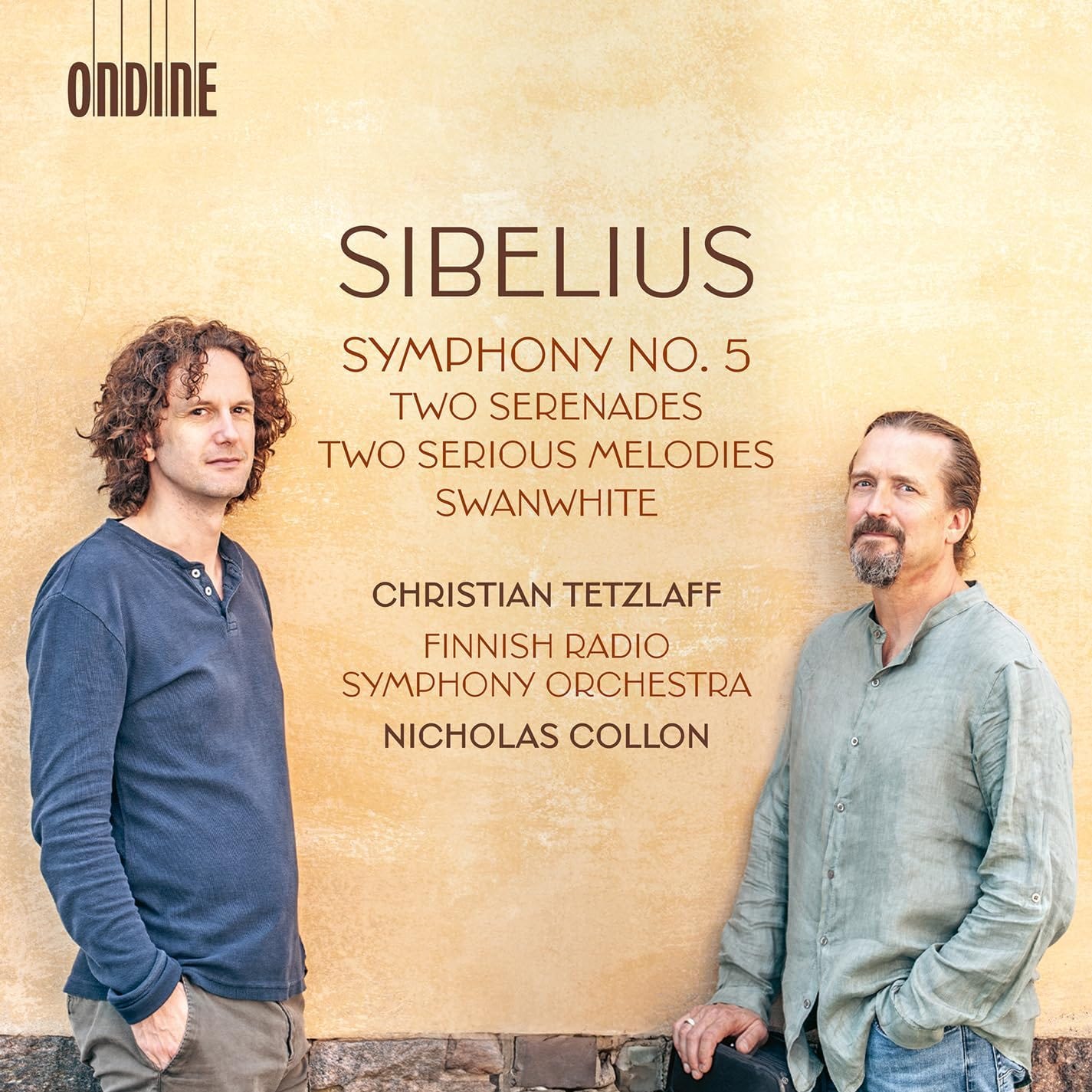10 Classical Music Pieces To Take On Holiday
A Summer Listening List
Catch-up service:
The Diderot Effect
Keir Starmer’s Reality Avoidance Field
27 Notes on Growing Old(er)
Donald Trump and the End of Power
5 Reasons There Won’t Be an AI Jobs Apocalypse
James Marriott’s terrific list of novels to take on holiday made me wonder, how about a listening list too? So here’s mine. I hope you’ll find these suggestions stimulating whether you’re a classical newbie or buff.
I’ve tried to pick slightly non-obvious pieces, figuring that you probably don’t need my encouragement to listen to the Four Seasons or Lark Ascending (though if you do, put them on now!). I’ve also looked - in the spirit of James’s list - for pieces which may require a little effort to get to know but which aren’t too challenging. The pieces tend to be longer rather than shorter, because I had novels in mind, and you have more time to spend on them, at least I hope you do. Having said that, I applied these criteria loosely; the only attribute they definitely have in common is that they’re all really, really good. Earlier this year I wrote about why everyone should listen to more classical music; this is a companion piece.
One more thing: the accompanying pictures represent recordings I like, although in most cases I don’t feel particularly strongly about one recording over another; feel free to find your own favourite. Oh and please leave your own recommendations (pieces and recordings) in the comments!
The first five recommendations are free to read, the second five are behind the paywall. Also after the jump: a Rattle Bag of juicy links. Sign for a paid subscription today! Paid subs are what make The Ruffian possible.
(This newsletter is ‘too long for email’ - it’s the pictures - so click on the title to read online, or just click through at the bottom of your email).
Great Mass In C Minor, Mozart
While Mozart’s Requiem is justly famous I can’t quite get over the fact it’s a co-composition (Süssmayr should have a credit!) and anyway I prefer this. The Great Mass, Mozart’s other large-scale sacred work, was also unfinished at his death, but closer to completion. Yes, now you too can say ackshually, I prefer… whenever the Requiem comes up, people will adore you for it. But seriously, this is the stuff. Mozart wrote the soprano part for his beloved wife, Constanze, and while the Mass is a sincere offering to God, it resonates on more earthly frequencies too; Mozart was the Prince of his day. Just listen to the first movement, the Kyrie. After a solemn, dark-clouded orchestral introduction, a female voice floats in as if on a curved beam of light and something inside you melts. It’s one of those moments only Wolfgang Amadeus could stage, a fusion of the divine and the erotic (Mozart: ‘What if Bach but sexy?’). There are plenty more in this voluptuously transcendent piece.
Introduction and Allegro, Edward Elgar
When I was young I played violin in the LSSO, a youth orchestra for state school kids, and we performed this piece, for string orchestra and quartet. I was lucky enough to play it alongside the Allegri Quartet, one of the great English quartets (they had played in a classic 1962 recording of this piece with Sir John Barbirolli). I loved it. As a teenager from south London, I found myself unexpectedly tuned right in to the melancholic heart of an ageing Edwardian composer who roamed the British countryside while feeling profoundly sad about…about what? Is he sad about the passing of the old ways, about lost love, age, the inexorability of change and decay? Quite possibly all of that.1 Anyway, it’s a whole vibe (if you like it, check out his Serenade For Strings, and his majestic, heartbreaking violin concerto). There is bounding energy and sweeping grandeur here but it’s the still small voices of the quartet which will stay with you.
King Arthur, Henry Purcell
Purcell, one of the greatest English composers, came of age during the reign of Charles II, and his work is full of the Restoration spirit: extravagant, sensuous and unbuttoned rather than pious or reverent. King Arthur is a Midsummer Night’s Dream of an opera: exuberant, dotty, intoxicating, romantic, mystical; intensely English, albeit with a French influence. Dryden wrote the libretto. He and Purcell had just lost royal patronage, so they needed to make a direct appeal to the public, and put bums on seats. They threw everything at it: there are Saxon war chants, pastoral love songs, a drinking song, a frost scene with chattering teeth. The result is huge fun. It’s full of killer tunes that will have you singing them in the street (Come if you dare, How blest are shepherds, Tis love that has warmed us). Moments of pure sublimity too (Fairest Isle, How happy the lover).
Piano Concerto in F, Gershwin
You probably know the Rhapsody In Blue; you may not know its follow-up, in which Gershwin tried on a more traditional classical form while remaining true to his love of jazz and blues. He was the son of Russian Jews and you can hear rich Russian influence in this piece too, the soulful melodic yearning of Rachmaninov in particular. By making romanticism swing, Gershwin created this enchanting, utterly American - utterly New York - sound, nonchalant and passionate all at once. One of my favourite moments comes about three minutes into the slow movement, when, after a searching trumpet solo, the piano introduces a cheeky, bouncing, irresistible new melody. On its second run-through the orchestra plays a descending phrase in counterpoint which later turns into a lush, swooning theme for piano and strings. This piece totally flunks my “requires-a-little-effort” criterion because it’s so easy to like, in fact I’d say impossible not to like. But then holidays are meant to be fun, I suppose.
Symphony No.5, Sibelius
If you’re short on reading material for your holiday you could do worse than take The Rest Is Noise, Alex Ross’s history of twentieth century classical music. Ross recounts that for much of the century Sibelius was considered terminally uncool by the classical music establishment, because despite composing during the high noon of modernism, his music was tonal, melodic, and, most regrettably, pleasurable. Sometime in the 1960s the hip kids finally worked out that old Sibelius was actually a maverick who twisted conventional forms into new shapes. His fifth symphony has a stupendous last movement which ends in such an unorthodox manner that someone has done a whole video about it. But it’s the first movement which has always blown me away. It doesn’t unfold like a story, it emerges from short repeated phrases, like a whole ecosystem evolving from a few molecular chains. There’s churning tension throughout the movement (around five minutes the violins perform something like a migraine, not a million miles from A Day In The Life). Then, in the last minute, the horns break free and soar into the sun, a glorious moment of rapturous release. (In another Sibelian innovation, it merges seamlessly into the start of the second movement). This might be my favourite moment in all classical music.
After the jump, five more recommendations including one that you should be listening to on every holiday and also in between holidays. Plus a Rattle Bag of things I’ve been reading, thinking about and listening to.



